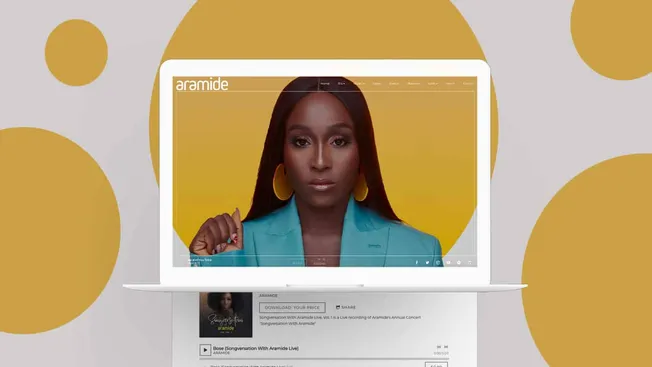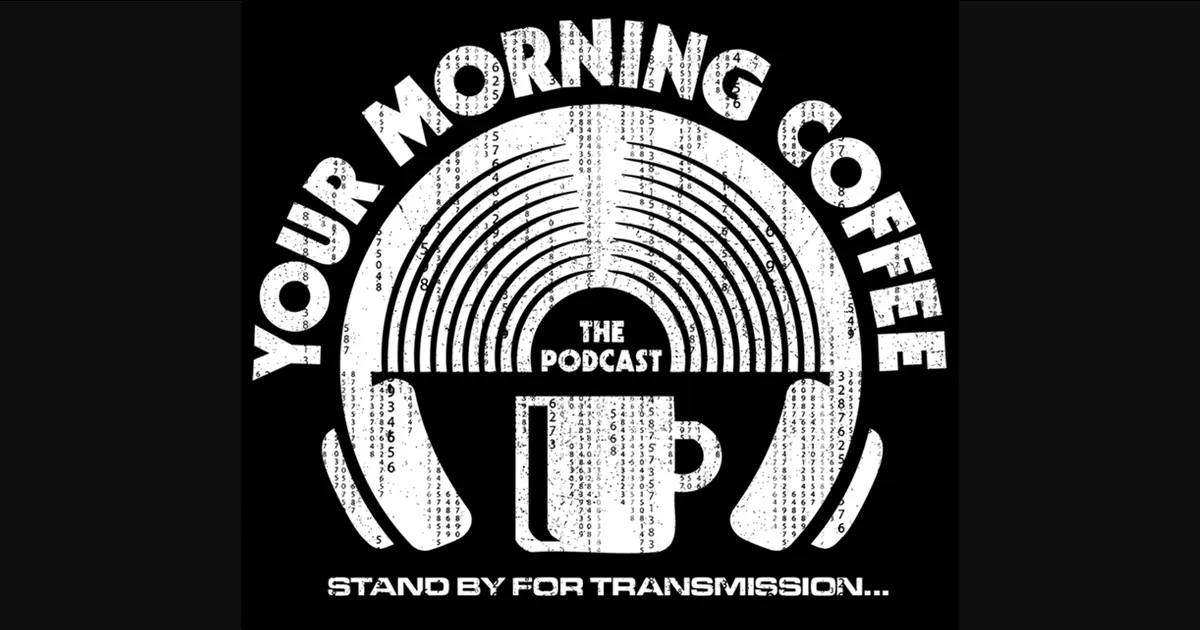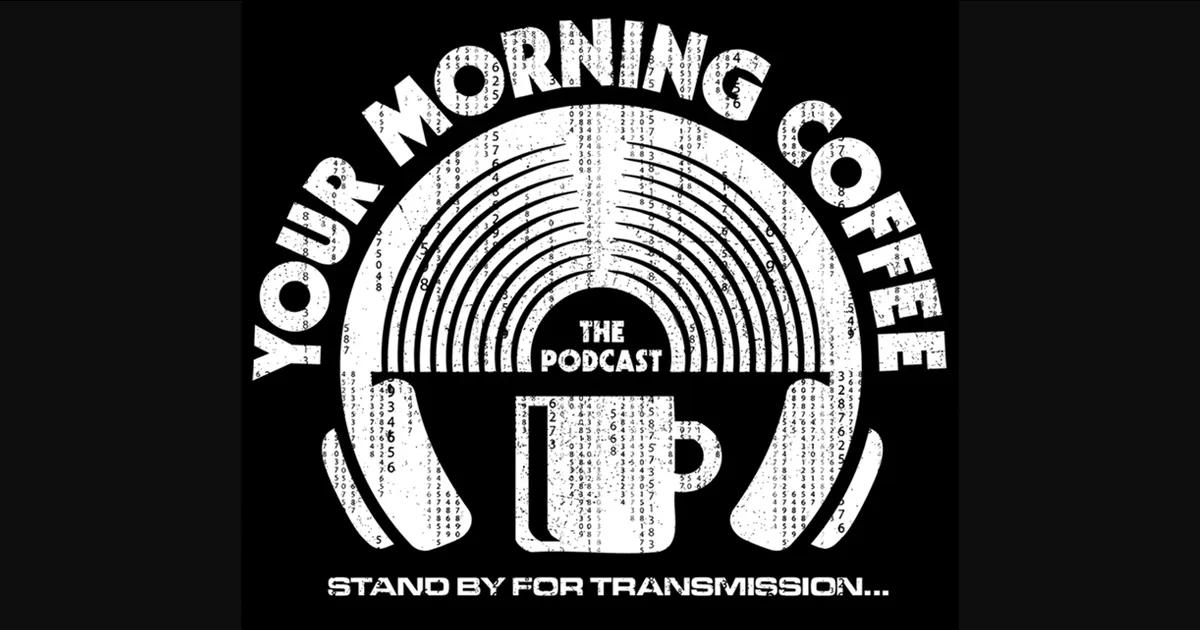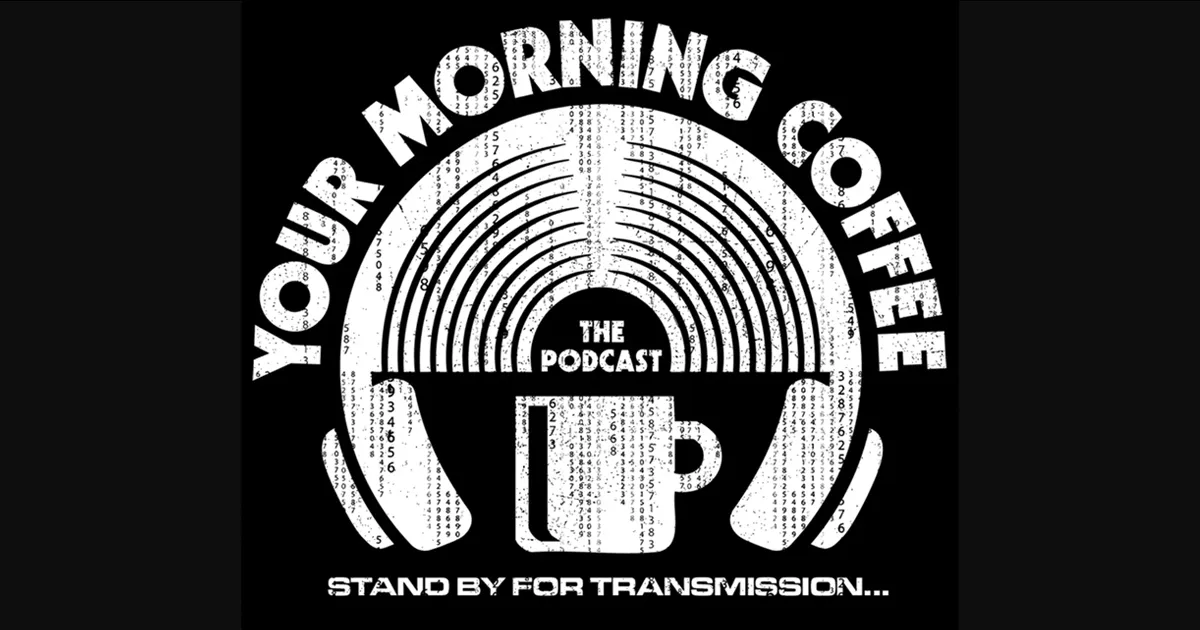Thinking of spending less time trying to attract the attention of Web2 music industry gatekeepers and instead focusing on leveling your music to Web3? Well, we think you’re making the right decision.
by Janelle Borg of AmplifyYou
Web3 is quickly gaining ground – especially in the music industry, with artists such as Steve Aoki, Snoop Dogg and Grimes becoming major supporters of the web3 music industry. Here are a few ways to level up your music to web3, even if you’re an independent artist.
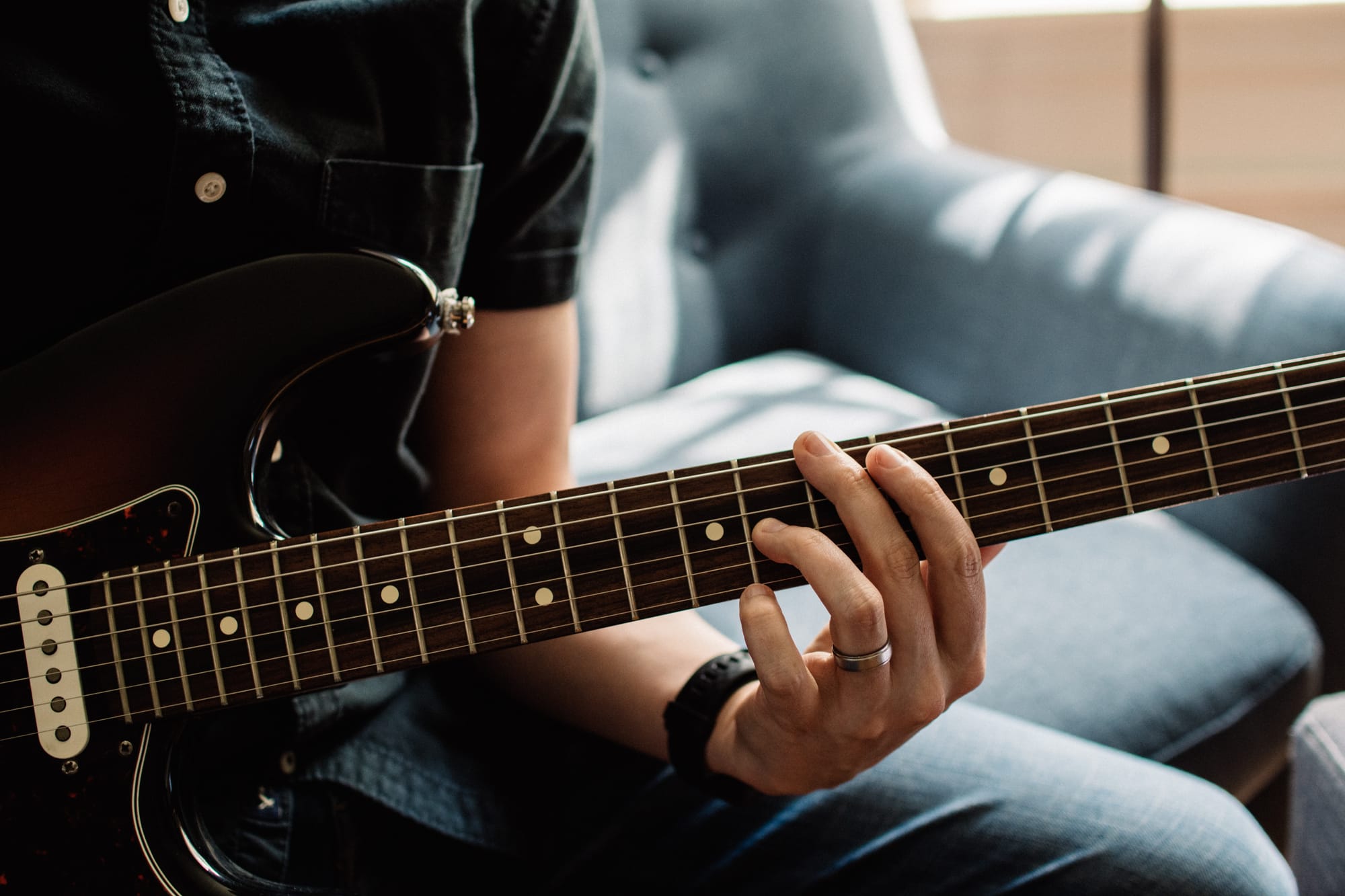
Innovative ways to bring your music to Web3
NFTs
The term NFT stands for “non-fungible tokens.” Non-fungible means that each token is completely unique. Unlike money which is interchangeable, non-fungible tokens are unique assets that are not easily replaceable. When it comes to blockchain-based NFTs, they are digital collectibles that artists can use to their advantage.
Artists can use NFTs to create exclusive collectibles for their fans. These can include limited edition tracks, merchandise or even gated access to a Discord community or real-life concert. The value of NFTs lies in their scarce, verifiable, re-sellable and decentralised nature, which can create a new ecosystem for an artist and their fans.
Virtual performances
Virtual performances were all the rage in 2020 and 2021. Undoubtedly, the Covid-19 lockdowns have boosted the popularity of virtual performances. They have now become more mainstream, so much so that this year’s MTV VMAs included a “Best Metaverse Performance” category.
You may not have the leverage to take over Roblox and Fortnite just yet. However, this does not mean that you cannot stage a virtual performance and level up your music. There are several Web3 companies that host virtual concerts for emerging and mid-tier artists in metaverses such as Decentraland and The Sandbox.https://www.youtube.com/embed/RiM0moNk74o?feature=oembed
According to Dana Swarbrick et al.’s research, live virtual performance facilitates social connection. “With the proliferation of technologies enabling live-streaming and virtual concert experiences, the social dimensions of ‘solitary’ music listening have expanded even further such that individuals can watch concerts while physically alone, but virtually together.”
Therefore, there is a strong indication that virtual performances are here to stay. In fact, more than one in four consumers worldwide are interested in various virtual experiences. Surveys show that 28 per cent of global respondents are interested in attending a virtual concert.
Web3 music streaming platforms
Web3 music streaming platforms like Audius are more artist-friendly than their Web2 counterparts. These new streaming platforms typically allow artists to upload their songs directly to the platform without needing a third-party distributor.
90 per cent of the platform’s revenue goes to artists, while the platform also rewards artists in AUDIO tokens for reaching certain milestones. The accumulated AUDIO tokens can then be exchanged on a number of decentralized exchanges for fiat currency (i.e. dollars, pounds, euro).
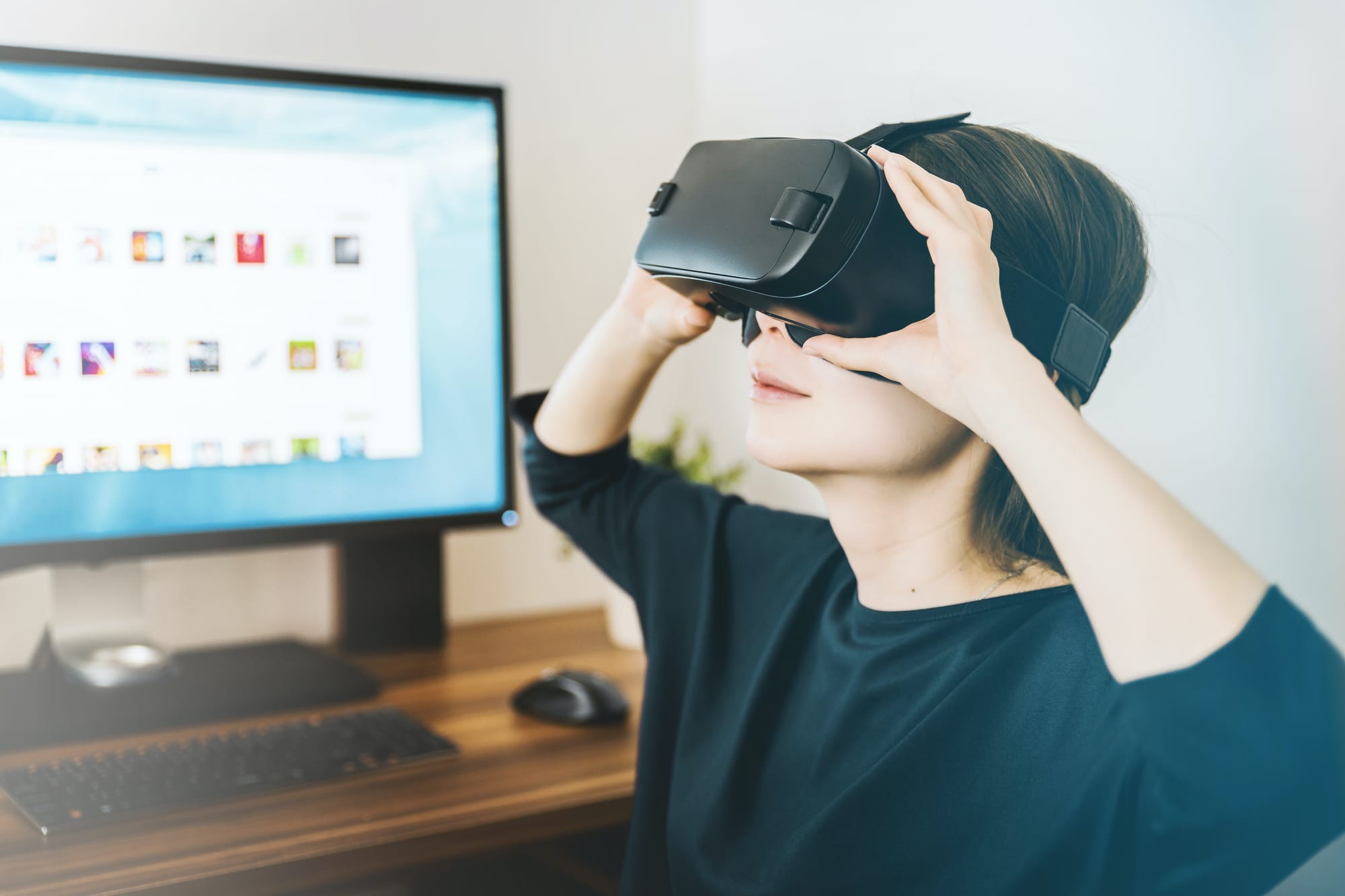
VR and AR music videos
What’s more “metaverse” than a VR or AR music video? A VR or AR music video is undoubtedly expensive to produce, but it will undoubtedly make you stand out from the crowd. Furthermore, the cost and technological barrier to VR has been dramatically reduced thanks to Facebook’s Oculus Quest 2 and other affordable VR headsets.
This means more and more people can view your VR or AR music video in all its glory. If you can’t afford a VR video yet, incorporating AR elements such as creating a release-specific Instagram or Snapchat filter is a great way to level up your music release launch campaign.
Join a DAO & find your Web3 community
DAOs are the perfect way to get stuck into the Web3 community and learn how to level up your music to web3 from other musicians.
“DAO” stands for decentralized autonomous organisation. According to Water and Music: “More and more of these Web3-native music communities are now self-identifying as decentralized autonomous organizations, or DAOs for short — pointing to what will likely trigger the next big wave of investment in music/Web3 experiences alongside NFTs.”
Music DAOs are different from Web2 organisations or clubs due to the fact that the members govern them. In addition, they all seem to have a common goal of creating a new music economy that values artists and gives them the power they have lost along the way.
Janelle Borg knows a thing or two about the music industry. Having been involved in the industry since the age of 13, she’s now involved in a variety of music-related projects and is always keen to share industry tips ‘n’ tricks with fellow musicians.

